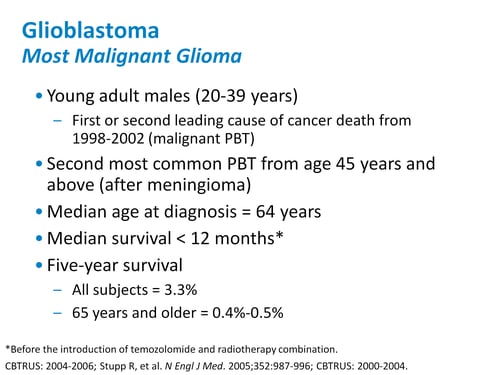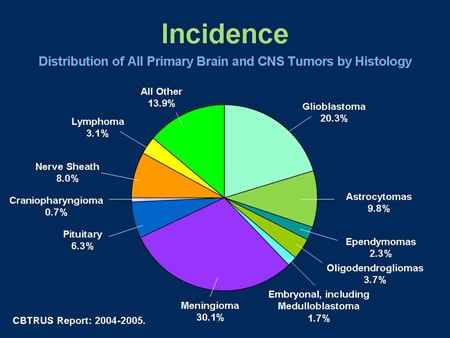A Brief Background About PVS-RIPO.
PVS-RIPO is a genetically engineered poliovirus that is being investigated as a new anti-cancer agent at the Preston Robert Tisch Brain Tumor Center at Duke. The idea of targeting cancer with viruses has been around for at least 100 years. However, valid strategies of using ‘oncolytic’ (cancer-fighting) viruses emerged only recently. This is mostly due to technological advances in genetic engineering of viruses.
To work against cancers in patients, oncolytic viruses must target cancer cells for infection and they must kill them. At the same time, they must be safe. Accomplishing this is very difficult scientifically and only very few viruses are suitable as cancer-fighting agents in the clinic. We achieved this feat by genetic engineering to remove poliovirus’ inherent disease-causing ability (a piece of genetic code of a cold-causing rhinovirus was spliced into the poliovirus genome). PVS-RIPO naturally infects almost all cancer cells, because the receptor for poliovirus (which is used for cell entry) is abnormally present on most tumor cells. PVS-RIPO kills cancer cells, but not normal cells, because its ability to grow (and kill) depends on biochemical abnormalities only present in cancer cells. Safety testing in non-human primates and human patients has shown no nerve cell killing, no ability to cause poliomyelitis, and no ability of PVS-RIPO to change back to wild type poliovirus that can cause poliomyelitis.
What is the Clinical Experience with PVS-RIPO? The FDA approved clinical trials with PVS-RIPO in brain tumor patients recently. Since May 2012, five brain tumor patients have been treated. Remarkably, there have been no toxic side effects with PVS-RIPO whatsoever, even at the highest possible dose (10 billion infectious virus particles).
There have been very encouraging signs in patients treated with PVS-RIPO. The first patient enrolled in our study (treated in May 2012) had her symptoms improve rapidly upon virus infusion (she is now symptom-free), had a response in MRI scans, is in excellent health, and continues in school 9 months after the return of her brain tumor was diagnosed. Four patients enrolled in our trial remain alive, and we have observed similarly encouraging responses in other patients. One patient died six months following PVS-RIPO infusion, due to tumor regrowth.
How Does PVS-RIPO work? PVS-RIPO is infused directly into a patients’ tumor (e.g. in the brain). This assures that the maximal amount of virus is delivered directly to the tumor. Once inside the tumor, PVS-RIPO infects and kills tumor cells. Although this tumor cell killing alone may have tumor-fighting results, the likely key to therapy with PVS-RIPO is its ability to recruit the patients’ immune response against the cancer. There are many events following PVS-RIPO infusion into the tumor that can contribute to such an outcome. The human immune system is trained to recognize virus infections and, thus, responds vigorously to the infected tumor. Unraveling why and how the immune system attacks tumors that were infused with PVS-RIPO is a major research goal in the Gromeier Laboratory.
What are our Plans for the Future? Currently, Phase I clinical trials of PVS-RIPO against recurrent glioblastoma brain tumors are ongoing at Duke. We plan to extend these studies (Phase II/III) in a quest to establish PVS-RIPO as a possible therapy for brain tumors. In addition, PVS-RIPO has the potential to work for other types of cancers. The reason for this is that the mechanisms responsible for PVS-RIPO’s effects against brain tumors broadly apply to almost all cancers.


